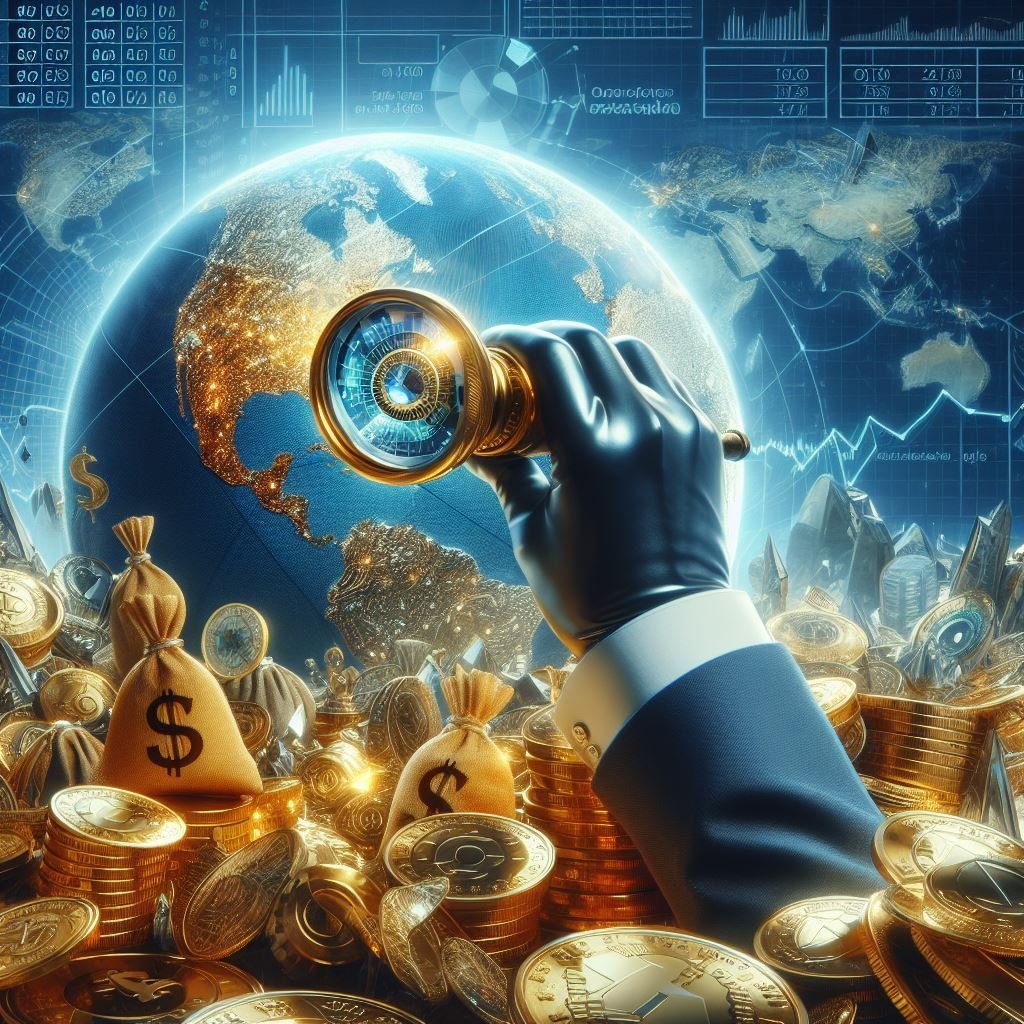Geopolitical events have always played a significant role in shaping the global economy and financial markets. In particular, these events have a profound impact on the precious metals market and investor sentiment. Understanding the relationship between geopolitical events and precious metals can provide valuable insights for investors and help them make informed decisions.
The Safe Haven Status of Precious Metals
Precious metals, such as gold, silver, platinum, and palladium, have long been considered safe-haven assets. During times of geopolitical uncertainty, investors tend to flock to these metals as a way to protect their wealth and hedge against potential risks. The demand for precious metals increases as investors seek refuge from volatile currencies, stock market fluctuations, and geopolitical tensions.
For example, when geopolitical tensions rise due to conflicts, trade disputes, or political instability, investors often turn to gold as a safe haven. Gold has a long-standing reputation as a store of value and a hedge against inflation. Its price tends to rise during times of crisis, reflecting increased demand from investors seeking stability and security.
Supply and Demand Dynamics
Geopolitical events can also influence the supply and demand dynamics of precious metals. Disruptions in the global supply chain, trade restrictions, or sanctions can impact the production and availability of these metals. This, in turn, affects their prices.
For instance, if a major gold-producing country experiences political unrest or faces sanctions, its gold exports may be restricted or halted altogether. This reduction in supply can drive up the price of gold due to limited availability. Similarly, geopolitical events that impact industrial production, such as mining operations, can affect the supply of other precious metals like silver, platinum, and palladium.
Investor Sentiment and Market Volatility
Geopolitical events can significantly influence investor sentiment and market volatility. Uncertainty and fear surrounding these events can lead to increased market volatility as investors react to changing conditions and adjust their portfolios accordingly.
For instance, if a major geopolitical event, such as a terrorist attack or a military conflict, occurs unexpectedly, it can create panic in the financial markets. Investors may rush to sell off their investments, including stocks and bonds, and seek safer alternatives like precious metals. This flight to safety can cause significant price fluctuations in the precious metals market.
Long-Term Trends and Geopolitical Factors
Geopolitical events can also have long-term effects on the precious metals market. For example, changes in government policies, trade agreements, or economic alliances can impact the global economy and investor sentiment. These factors can influence the demand for precious metals and their prices over an extended period.
Furthermore, geopolitical events can shape the global macroeconomic landscape, affecting interest rates, inflation, and currency exchange rates. These macroeconomic factors, in turn, impact the attractiveness of precious metals as an investment option.
Conclusion
Geopolitical events have a significant impact on the precious metals market and investor sentiment. The safe-haven status of precious metals, supply and demand dynamics, investor sentiment, and long-term trends are all influenced by geopolitical events. Understanding how these events shape the market can provide valuable insights for investors looking to navigate the ever-changing landscape of the global economy.
As always, it is essential for investors to conduct thorough research, diversify their portfolios, and seek professional advice before making any investment decisions. Geopolitical events can be unpredictable, and their effects on the market may vary. By staying informed and understanding the relationship between geopolitics and precious metals, investors can position themselves to make sound investment choices.

